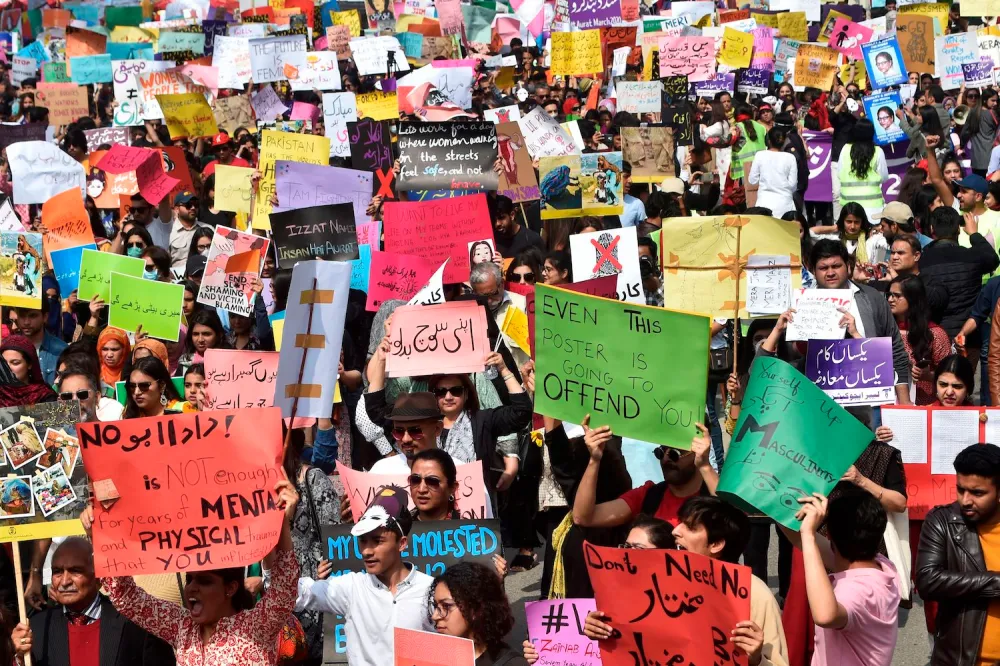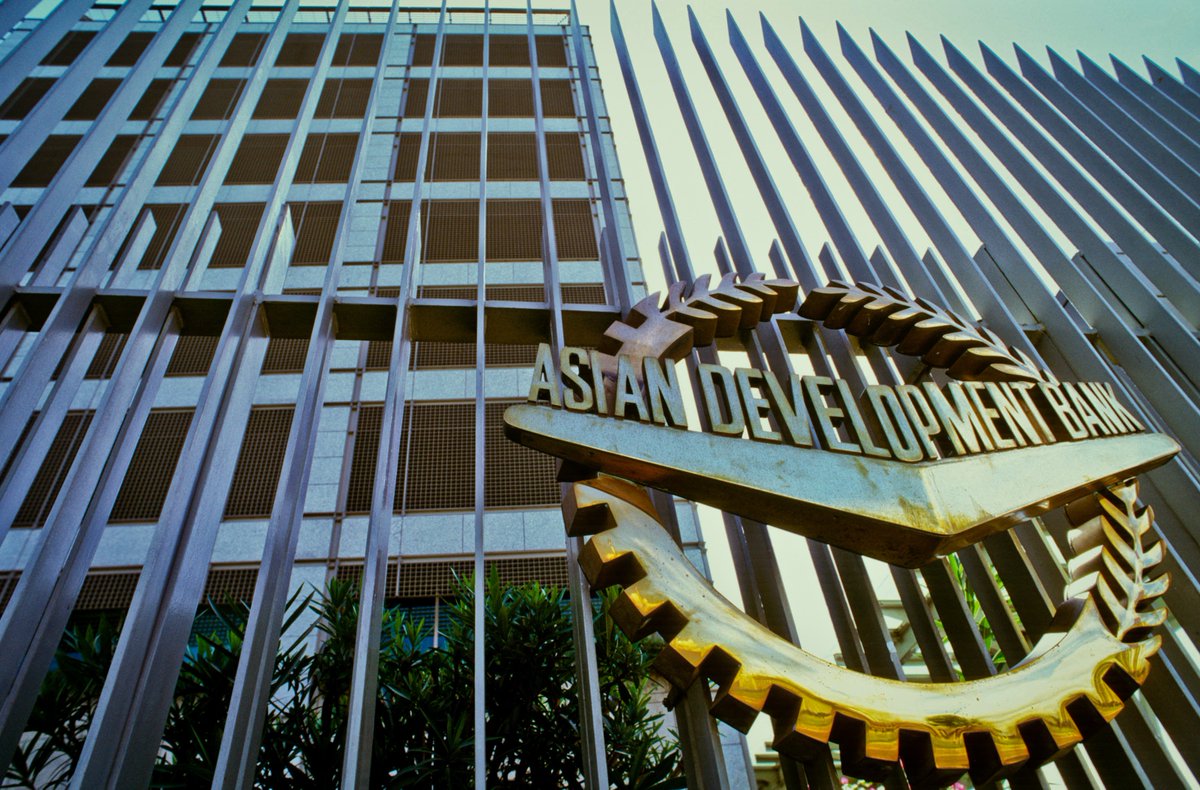Javaid Iqbal
Every year, the holy month of Ramadan in Pakistan is marred by a disturbing trend: hoarding of essential goods and an artificial hike in prices. This phenomenon creates immense hardship for ordinary citizens, especially those from underprivileged backgrounds.
Every Ramadan in Pakistan brings a familiar sight – a surge in prices of essential food items. This phenomenon isn’t simply a matter of increased demand but is often exacerbated by hoarding and artificial price hikes. Let’s delve into the reasons behind this and explore how different actors can work together to curb this trend.
Causes of Hoarding and Price Hikes:
- Hoarding: Businesses and individuals stockpile essential goods like lentils, sugar, and wheat flour in anticipation of higher prices during Ramadan. This creates a temporary shortage in the market, driving prices up further.
- Speculation: Some businesses exploit the increased demand by manipulating prices, creating a sense of scarcity and encouraging panic buying. This further inflates prices.
- Supply Chain Inefficiencies: Inefficient supply chains, including inadequate storage facilities and transportation networks, can lead to bottlenecks and price fluctuations.
- Extortion: Shopkeepers often cite extortion by mafia groups as a reason for inflated prices. This additional cost gets passed on to consumers.
- Psychological Factors: During Ramadan, the focus on elaborate meals and festivities can lead to increased demand, making consumers more susceptible to price hikes.
Combating the Issue: A Multi-Pronged Approach
Controlling hoarding and artificial price hikes requires a collaborative effort from various actors:
Government:
- Effective Market Monitoring: Strengthen market regulatory bodies to monitor stock levels and identify hoarding practices. Implementing stricter penalties for hoarding can act as a deterrent.
- Price Stabilization Measures: Consider temporary price controls on essential items during Ramadan. This can involve working with producers, wholesalers, and retailers to set fair prices.
- Improving Supply Chains: Invest in infrastructure projects to improve storage facilities and transportation networks to ensure a smooth supply of essential goods.
- Transparency and Information Sharing: Regularly disseminate information on market supplies and price trends to discourage panic buying.
District Administration:
- Raids and Crackdowns: Conduct surprise raids on warehouses and shops suspected of hoarding to curb the practice.
- Establishing Fair Price Shops: Set up temporary stores selling essential items at government-controlled prices to provide relief to low-income families.
- Community Engagement: Collaborate with community leaders and NGOs to raise awareness about hoarding and encourage responsible buying practices.
Market Economic Forces:
- Increased Competition: Encourage large retailers and supermarkets to compete on price, offering discounts and promotions on essential items during Ramadan.
- Promoting Direct Sales: Facilitate direct sales from producers to consumers, cutting out middlemen who might inflate prices.
- Consumer Awareness Campaigns: Encourage consumers to compare prices before buying and avoid panic buying to discourage artificial price hikes.
By working together, the government, district administration, and market forces can create a more stable and fair market environment during Ramadan. Additionally, fostering a culture of responsible consumerism and ethical business practices is crucial for a long-term solution. By tackling both the immediate issue of price hikes and the underlying causes of hoarding, Pakistan can ensure a more equitable and affordable Ramadan for all its citizens.
Please, subscribe to the YouTube channel of republicpolicy.com

















































